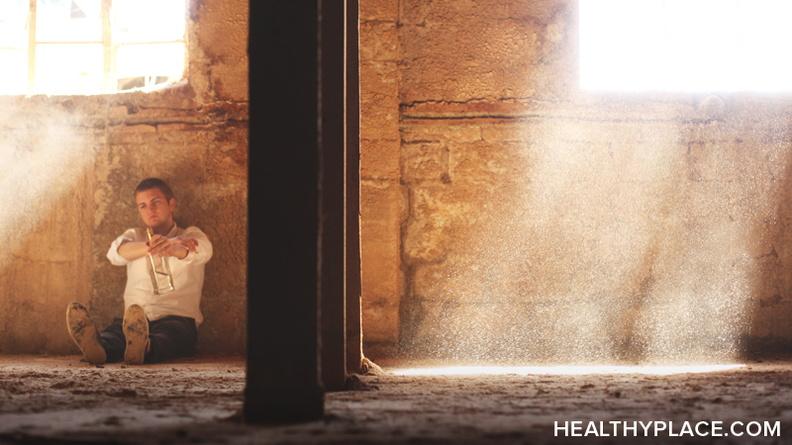Does Tough Love for Addicts Work?

“I just want to be normal. I don’t know what it’s like,” cried a tear-soaked heroin addict during a tough-love intervention. Her cry came after about 15 minutes of being yelled at, belittled, and degraded in front of 1000 viewers, all in the name of tough love. My heart broke into pieces for her because I’ve been that woman. I wanted to reach through my screen, hug her and tell her how precious she is. Tough love for addicts doesn't work.
What is Tough Love?
Cambridge Dictionary defines tough love as deliberately not showing too much kindness to a person who has a problem so that the person will start to solve their own problem. Tough love is commonly used to try and help addicts become sober. Though love is carried out by either withdrawing completely from the addict or stern, harsh treatment. A loved one gives tough love in hopes that the addict will take responsibility and solve their addiction problem.
Why Tough Love Doesn't Work for Addicts and Alcoholics
First, look at the disease model of addiction, according to David Clark, director of Wired In:
“The disease model of alcoholism and drug addiction assumes that they are chronic, progressive illnesses (or diseases), like other chronic diseases such as Type II diabetes and cardiovascular disease. Addiction is considered to fit the definition of a medical ailment, involving an abnormality of structure in, or function of, the brain that results in behavioral impairment.
At the heart of this model or theory is that addiction is characterized by a person's inability to reliably control his use of alcohol or drugs, and an uncontrollable craving or compulsion to drink alcohol or take drugs.”1
If your loved one suffered from any other disease, would it make sense to give them tough love by withdrawing from them, belittling, or horse whipping them into remission? That doesn’t make sense.
The Pain Addicts Cause Makes Tough Love Easy
There’s a lot of pain surrounding addicts as their addiction wreaks havoc in all areas of their lives. Because their loved ones have been hurt, it is easy to for them to view an addict as someone who is self-centered, thoughtless, or lazy. However, berating an addict in the name of tough love doesn’t help them at all.
I’m not saying that those surrounding an addict shouldn’t set healthy boundaries with addicts for themselves. Healthy boundaries protect us. I understand that dealing with an addict is frustrating, enraging, and depressing at times.
The Understanding I've Found for Addicts Shows Tough Love Is Wrong
My stepchildren have an absent parent who suffers from an addiction disease. Instead of and bashing her, I explain to my children that she is very sick. It helps my children understand that they weren’t abandoned because of anything they did. They are loved by her and they aren't defective. A mother who is absent from her children while hospitalized for any disease still loves her children.
I am able to be compassionate and understanding to addicts because I have been there. I've been like the woman on the talk show crying for help, only to be met with harsh treatment.
Understanding the disease model of addiction helps us learn the appropriate way to deal with addicts. Tough love is not loving at all. Love seeks to understand and is compassionate. Tough love is abuse.
source
1 Clark, D. (2010, August 29). The Disease Model of Addiction. Retrieved November 14, 2017, from AddictionInfo.org
APA Reference
Kuykendall, M.
(2017, November 13). Does Tough Love for Addicts Work?, HealthyPlace. Retrieved
on 2026, March 5 from https://www.healthyplace.com/blogs/debunkingaddiction/2017/11/tough-love-does-it-work-for-addicts
Author: Misti Kuykendall
I will try my best. Are you struggling with a loved one who is suffering from the horrible disease of addiction or are you asking for yourself? There is hope and addicts do recover. I am proof of that. Don't lose hope. Hold on tight to it and never let go. If you are struggling though addiction with a loved, try and remember them as the person they really are. Try and remember why you love them. Reach out to others. There are many support groups for addicts as well as their loved ones. You are not alone.